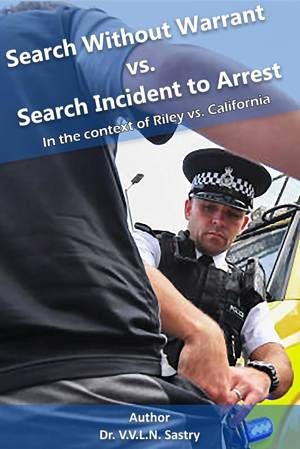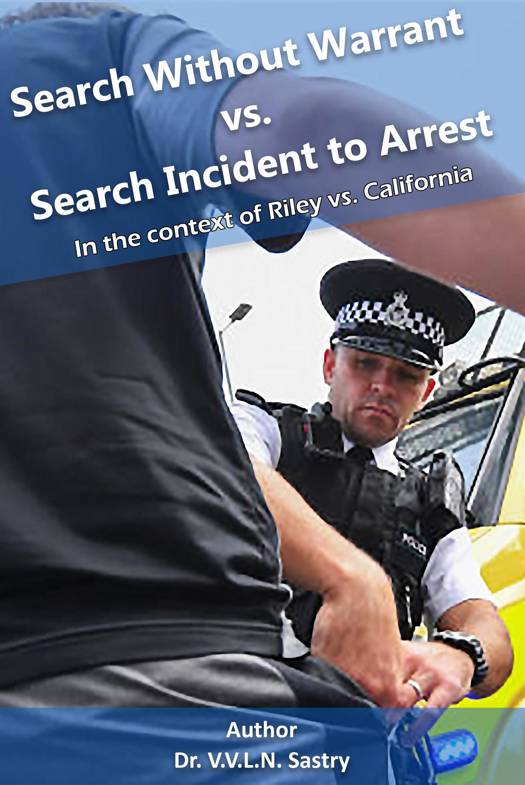
- Retrait gratuit dans votre magasin Club
- 7.000.000 titres dans notre catalogue
- Payer en toute sécurité
- Toujours un magasin près de chez vous
- Retrait gratuit dans votre magasin Club
- 7.000.0000 titres dans notre catalogue
- Payer en toute sécurité
- Toujours un magasin près de chez vous
Description
In the context of Riley vs. California
ABOUT THE BOOK -
Riley v. California has unravelled some of the weaknesses in the United States laws; one of them is that it lags behind technological advances. The outburst of technological crimes in the 21st era left the department of criminal justice in a distressing situation. Use of traditional criminal statutes to solve the emerging internet crimes, computer hacking, and sexting was a difficult situation to the system. The federal and state governments were mandated to update their laws, but the technological aspect was left out. The legal system is slowly trying to catch up with the fast-moving innovations in the world. The American constitution, which is two-hundred-year-old form the day it was officially formulated, should be able to confront technological advances that were not imagined by the founding fathers of the nation (Johnson, 2016). In this case, the Supreme Court ruled its first major step towards addressing technology and the law. The Court gave a unanimous ruling that the examination of an accused's cell phone data upon arrest required a warrant. This decision was made after considering the unique characteristics of a modern cell phone and the ultimate costs of maintaining the right to personal privacy.
Spécifications
Parties prenantes
- Auteur(s) :
- Editeur:
Contenu
- Langue:
- Anglais
Caractéristiques
- EAN:
- 9781393357148
- Date de parution :
- 28-05-20
- Format:
- Ebook
- Protection digitale:
- /
- Format numérique:
- ePub

Les avis
Nous publions uniquement les avis qui respectent les conditions requises. Consultez nos conditions pour les avis.






